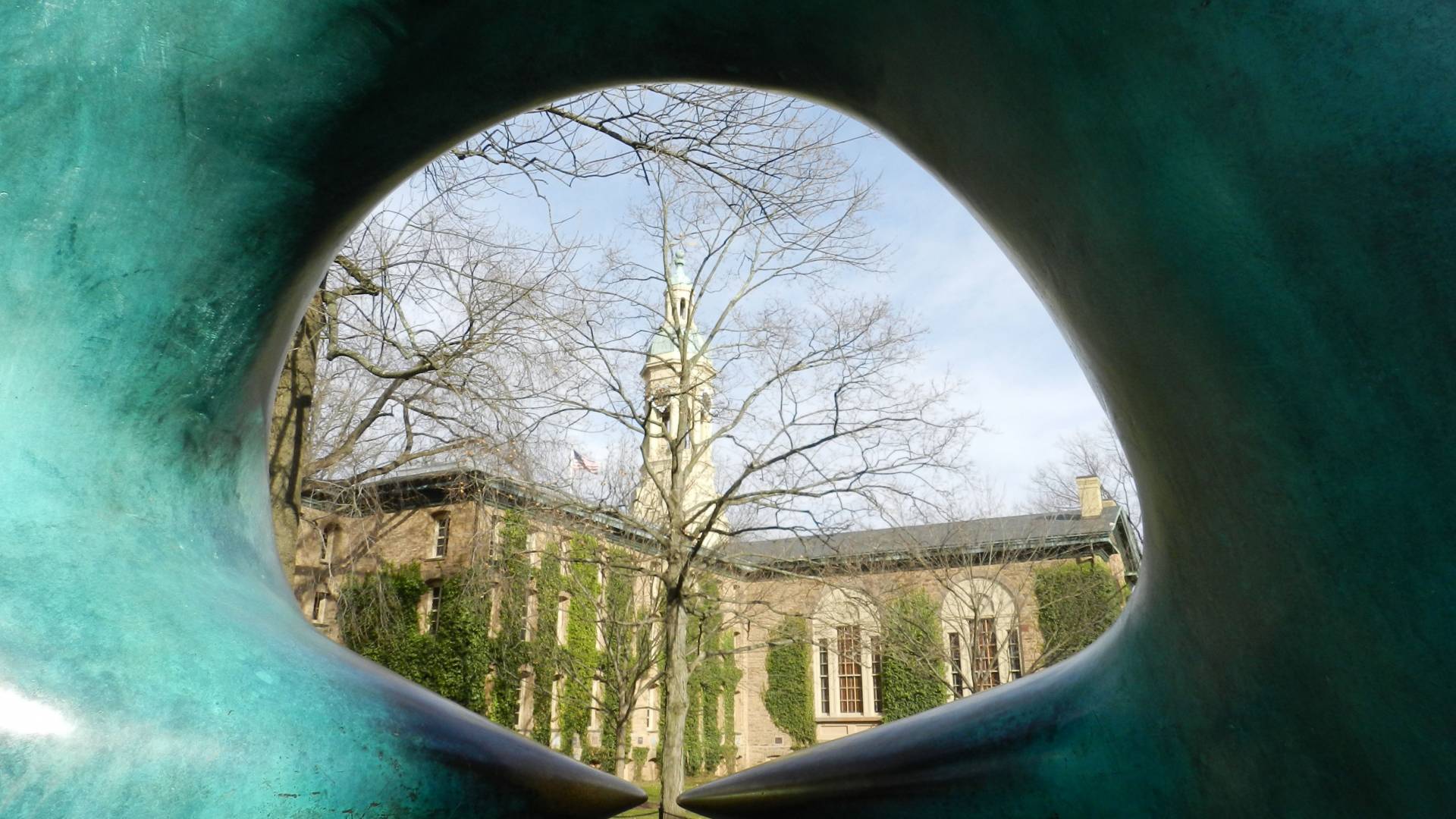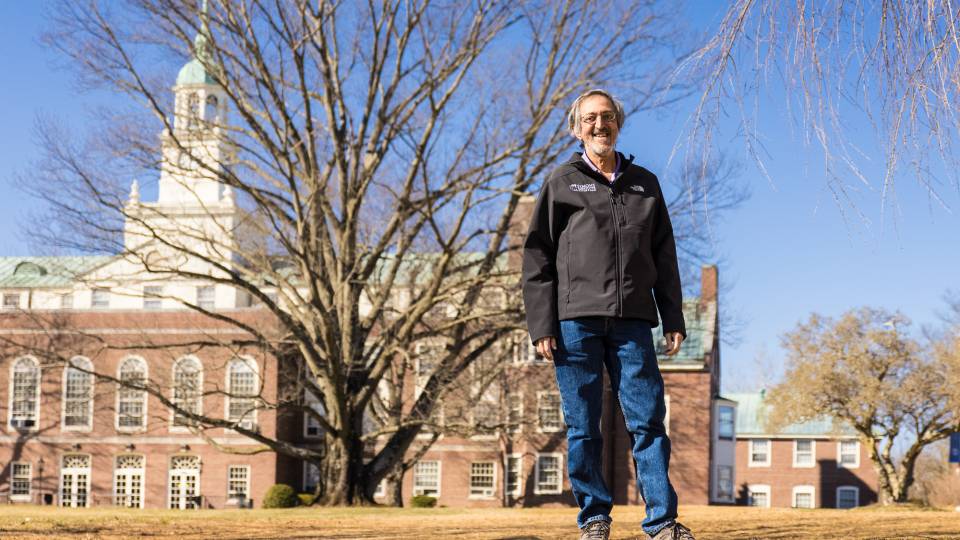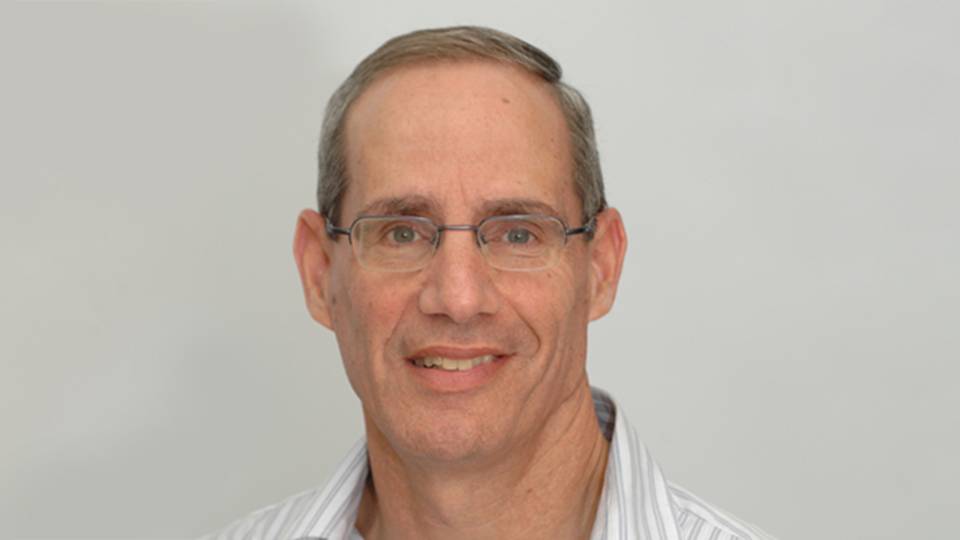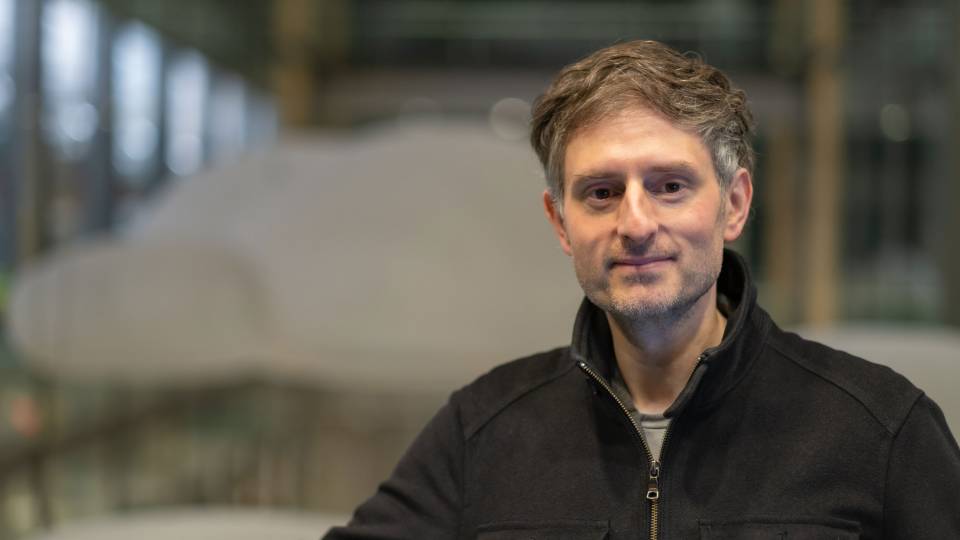Princeton graduate student Colin Defant and 2014 alumna Dina Sharon are two of 10 recipients this year of Hertz Fellowships. They were selected from nearly 700 applicants interested in pursuing graduate work in chemistry, electrical engineering, computer science, mathematics or physics. The fellows will receive a stipend and full tuition support valued at more than $250,000 for up to five years of graduate study.
“The fellowship interviewers were amazed by the brilliance and creativity of these young people," said David Galas, chairman of the Fannie and John Hertz Foundation’s board of directors and himself a Hertz Fellow. "I am confident their careers will have great impact on American and global science and technology."
Colin Defant
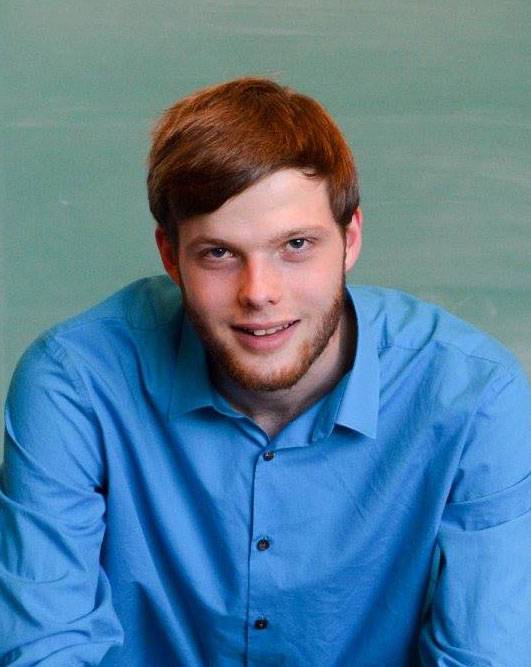
Colin Defant
Defant is a first-year Ph.D. student in mathematics, studying combinatorics and theoretical computer science, including the combinatorial properties of fundamental data types. “The aspect of research that excites me the most is the chance to discover beautiful mathematical truths that can be used to improve the efficiency of computational algorithms,” he said.
“I first fell in love with mathematics when I was a junior in high school and read the book 'Gamma' by Julan Havil,” Defant said. “It wasn't until my sophomore year of college that I grew to love the field of combinatorics.”
He graduated from the University of Florida in 2017 with a bachelor's degree in mathematics. During the summer of 2017, Defant worked as an adviser at the University of Minnesota Duluth Mathematics Research Experience for Undergraduates Program, which he plans to do again this summer.
Defant has written 27 articles in the areas of number theory, combinatorics and dynamical systems, and he has served as a referee on 10 others. He has given more than 30 talks, including a Princeton Graduate Student Seminar this past October. He also received a fellowship from the National Science Foundation.
“As a Hertz Fellow, I will have the unique opportunity to interact frequently with other Hertz Fellows who specialize in a wide variety of fields,” said Durant. “My hope is that these interactions will lead to fruitful collaborations.”
Dina Sharon
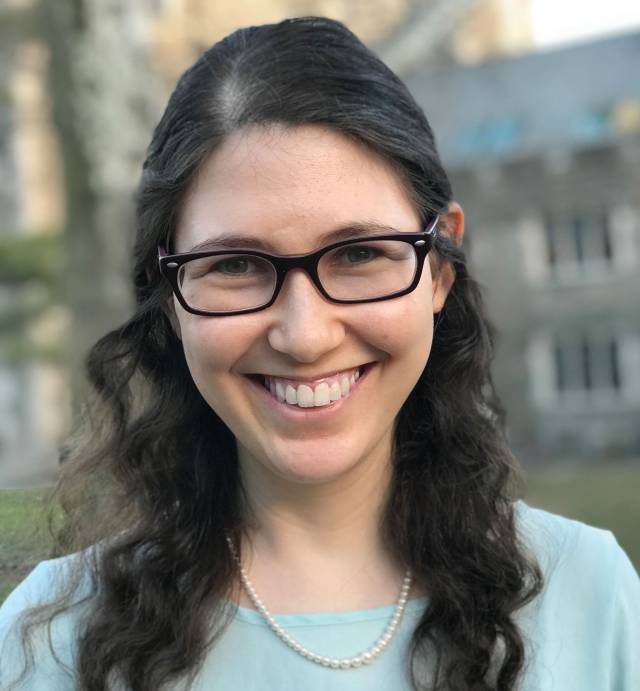
Dina Sharon
Sharon, who has a chemistry degree from Princeton, is a researcher at D.E. Shaw Research, where she uses molecular dynamics simulations in drug discovery. She is currently visiting graduate schools, choosing where to spend the next stage of her research career.
Her love of chemistry grew from a childhood love of jigsaw puzzles, she said. “In my high school and Princeton chemistry courses, I was fascinated to see how chemistry offered puzzles as well, with atoms and molecules instead of cardboard pieces. As I learned about chemical syntheses, I loved seeing how chemists make connections to build molecules, harnessing both logic and creativity. Unlike the cardboard pieces, though, molecular puzzles are poised to have a significant impact: learning about how chemists synthesize penicillin in an organic chemistry class, I saw how a molecular jigsaw puzzle could save lives.”
Sharon then discovered the power of computer programming, leading her to the field of computational chemistry, which she describes as “a key to unlock an understanding of [chemical reactions] that may always not be accessible through other means.”
Sharon's computational chemistry thesis on carbon–hydrogen bond activation was based on her work in the lab of John Groves, the Hugh Stott Taylor Chair of Chemistry at Princeton. In 2013, she was one of two recipients of the William Foster Memorial Prize in Chemistry, given each year at graduation to the outstanding junior in chemistry.
Sharon received her first Princeton award even before she matriculated at the University, winning a 2010 Alyea Award for her “love of science” as a senior at Princeton Day School, where she was a Chemistry Olympiad national finalist. While at Princeton, she helped found the Princeton University Chemical Society and the Women in Science Colloquium.
After graduation, Sharon went to Israel on a Fulbright grant to research a model of an artificial enzyme in Sason Shaik’s group at the Hebrew University of Jerusalem. “With engineered enzymes, chemists improve upon nature’s catalysts,” Sharon said.
She plans to spend her Ph.D. using computational tools — including new ones of her own design — to study natural enzymes and design novel enzymes.
“The Hertz Fellowship offers a treasure trove of intellectual freedom,” Sharon said. “Getting to take ownership of research problems in this way will offer incredible opportunities for me to grow scientifically.”
Hertz Fellows at Princeton
Princeton has a long history of supplying, educating and employing Hertz Fellows. Over the fellowship’s 61-year history, 50 Princeton alumni have received Hertz Fellowships, and 51 fellows have completed all or part of their fellowships at Princeton.
Including Defant and Sharon, nine current Hertz Fellows are undergraduate alumni of Princeton, and 15 past or present fellows are here now, including 11 faculty, three graduate students and a postdoctoral fellow.
